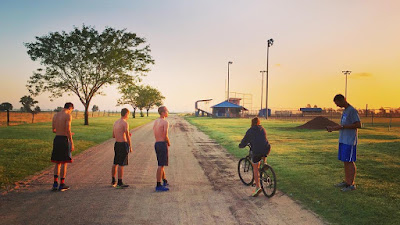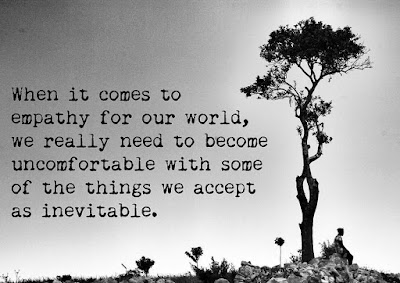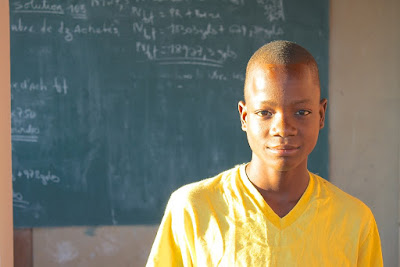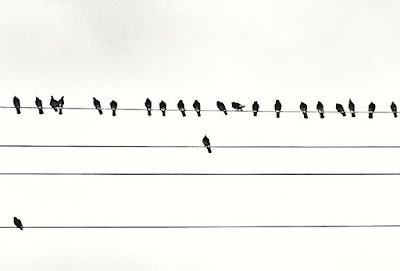Little by Little: Return to Haiti

Sunset in Lespinasse, Haiti - cc photo by J. Delp Many who read this post will be aware that for the past several years I have been making regular trips to work with schools in Haiti. This September, I will be returning to assist with the beginning of the school year at Good Neighbor Orphanage and School in Croix-de-Boquets, as well as schools in the extremely poor, and rural, communities of Lespinasse and Marre Roseau. I am going to be very honest and tell you that I am not exactly sure what I am doing in Haiti -- just that I know I am supposed to be there. With every trip that I take to this poverty stricken Caribbean island, I strengthen relationships and learn a great deal from my Haitian friends. In addition, when I am not in Haiti, I do a lot of reading about development and education in the third world. Through a combination of my experiences, and my reading, I have become keenly aware of the potential damage I can do to individuals, or even a community, in spite of havi...




